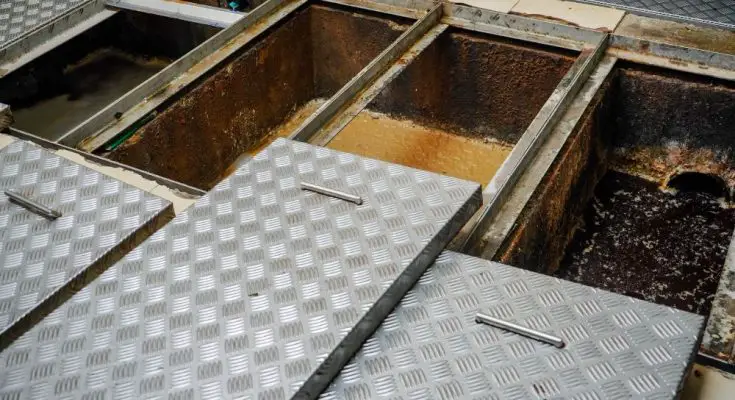You’ve maybe heard of a grease trap, but what about a grease interceptor? These two devices are incredibly similar, but there is a difference. Below, you’ll find the ways these two machines differ from each other. Educate yourself on which is best in your commercial kitchen.
Grease Trap
A grease trap is a small device installed in commercial kitchens that captures the grease, oil, and fat in the water. It prevents food waste and debris from entering the septic system or sanitary sewer. It also stops the oil, grease, and fat from hardening inside your pipes and creating clogs.
Grease Interceptor
A grease interceptor is basically a larger grease trap. It also removes the fat, oil, and grease from water to prevent the debris from entering the sewer. The grease, fat, and oil float to the top, and the interceptor traps it. It can handle trapping waste on a larger scale.
Flow Rate
Grease interceptors have a higher flow rate compared to grease traps. They’ll easily handle 50 gallons per minute. In contrast, grease traps can hold only 10 to 50 gallons per minute.
Installation Process
Professionals install grease traps below the kitchen sink. Because of its significantly larger size, you’ll locate the grease interceptor outside, buried under concrete. The interceptor wouldn’t fit under the kitchen sink; therefore, it has to go outdoors.
Size Difference
Of the two devices, grease interceptors are larger than grease traps. Grease traps can be as small as a bread box and go up to the size of a mini fridge. It depends on the size of your commercial kitchen needs.
Maintenance Differences
Because grease traps are smaller, they need more maintenance. They can’t hold as much grease, oil, and fat as a grease interceptor. Some grease traps need daily care, while some require weekly cleaning. Grease interceptors can go a few months between cleanings. There are simple maintenance checklists to maintain your grease trap or interceptor. They’ll help you ensure the device is running efficiently.
Now that you understand the difference between a grease interceptor and a grease trap, you can decide which is better for your commercial kitchen. For these devices, the choice mainly comes down to size.


